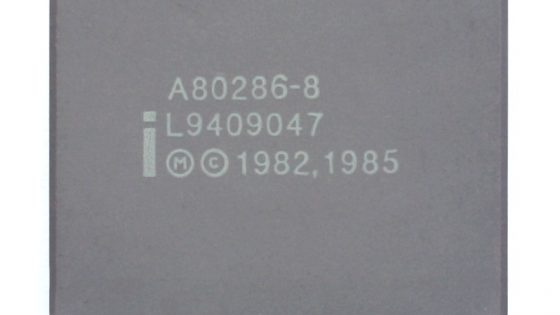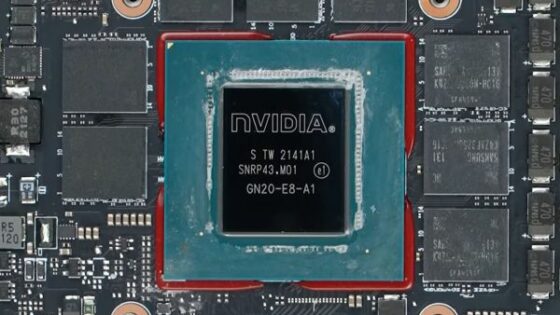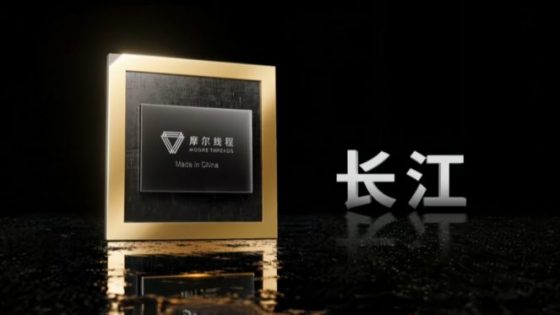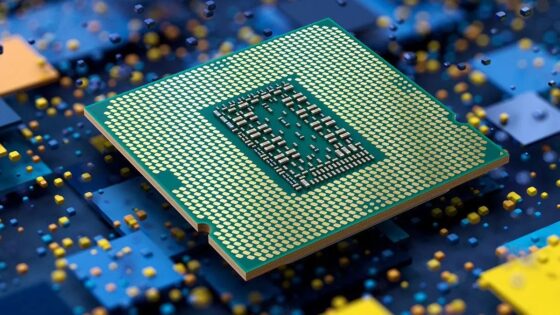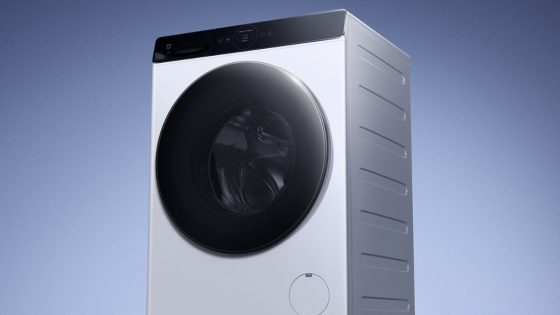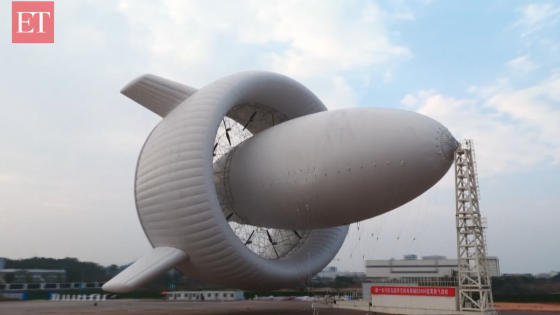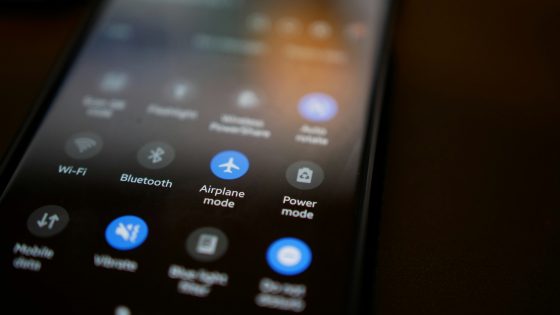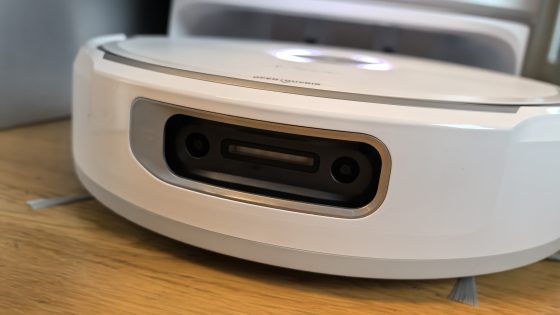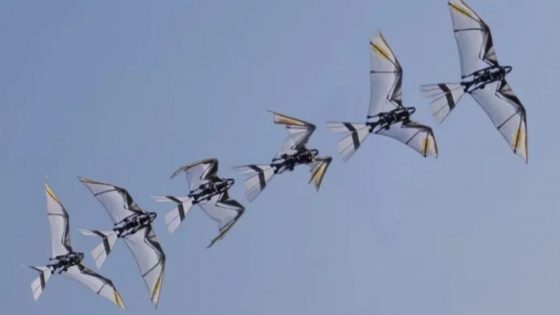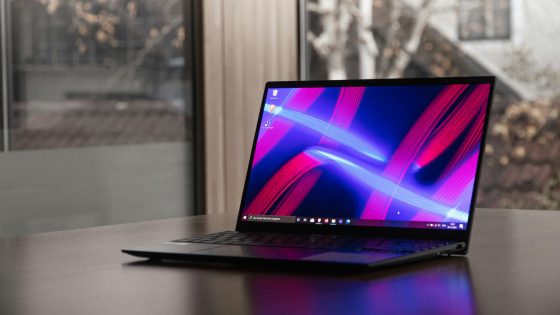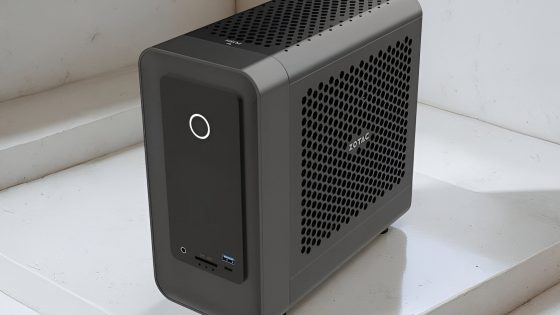Intel has a ban on selling processors on the German market

A regional court in Düsseldorf recently ruled that Intel infringed a patent by US-based R2 Semiconductor and subsequently issued an injunction against the sale of some of Intel's previous-generation processors in Germany, the Financial Times reported. Dell and HP devices may also be affected. The ruling prohibits the sale of select Intel processors and devices based on Intel processors in this country. Intel believes that its products do not infringe R2 Semiconductor's patents and has asked the German Patent Court to invalidate the patent.
The European patent in question covers voltage regulation technology. R2 Semiconductor claims that Intel’s Core Ice Lake, Tiger Lake, Alder Lake and Xeon Scalable “Ice Lake Server” processors, as well as consumer laptops and servers powered by these processors, infringe on its patents. Intel revealed in September that R2 Semiconductor had asked the court to halt sales of products powered by these processors and to recall products powered by these processors. Intel argued that “a court order would be a disproportionate remedy.”
A German court has issued a temporary injunction against the sale of Intel's previous-generation processors, a decision it plans to appeal. Fortunately, many of the Ice Lake and Tiger Lake processors have already been discontinued, having been replaced by newer processors, so the ban won't significantly harm Intel or its partners. However, some PCs still use Intel's 12th-generation Core "Alder Lake" processors, and variants of these processors are still circulating on the market.
The good news for Intel is that the current generation of Core “Raptor Lake” and “Raptor Lake Refresh” processors and the Core Ultra “Meteor Lake” processors do not infringe on any of R2 Semiconductor’s patents, so Intel and its partners in Germany can continue to sell these processors and devices based on them without restrictions.
Intel is also fighting R2 Semiconductor in the UK and trying to resolve a long-running legal dispute with VLSI, also over disputed patents. VLSI is seeking as much as $4 billion in damages.



